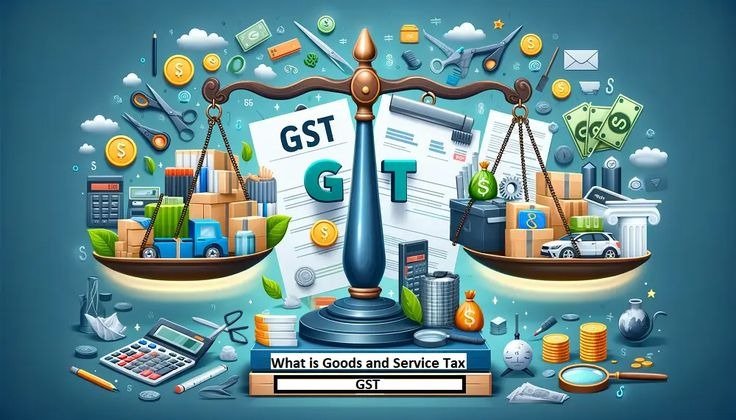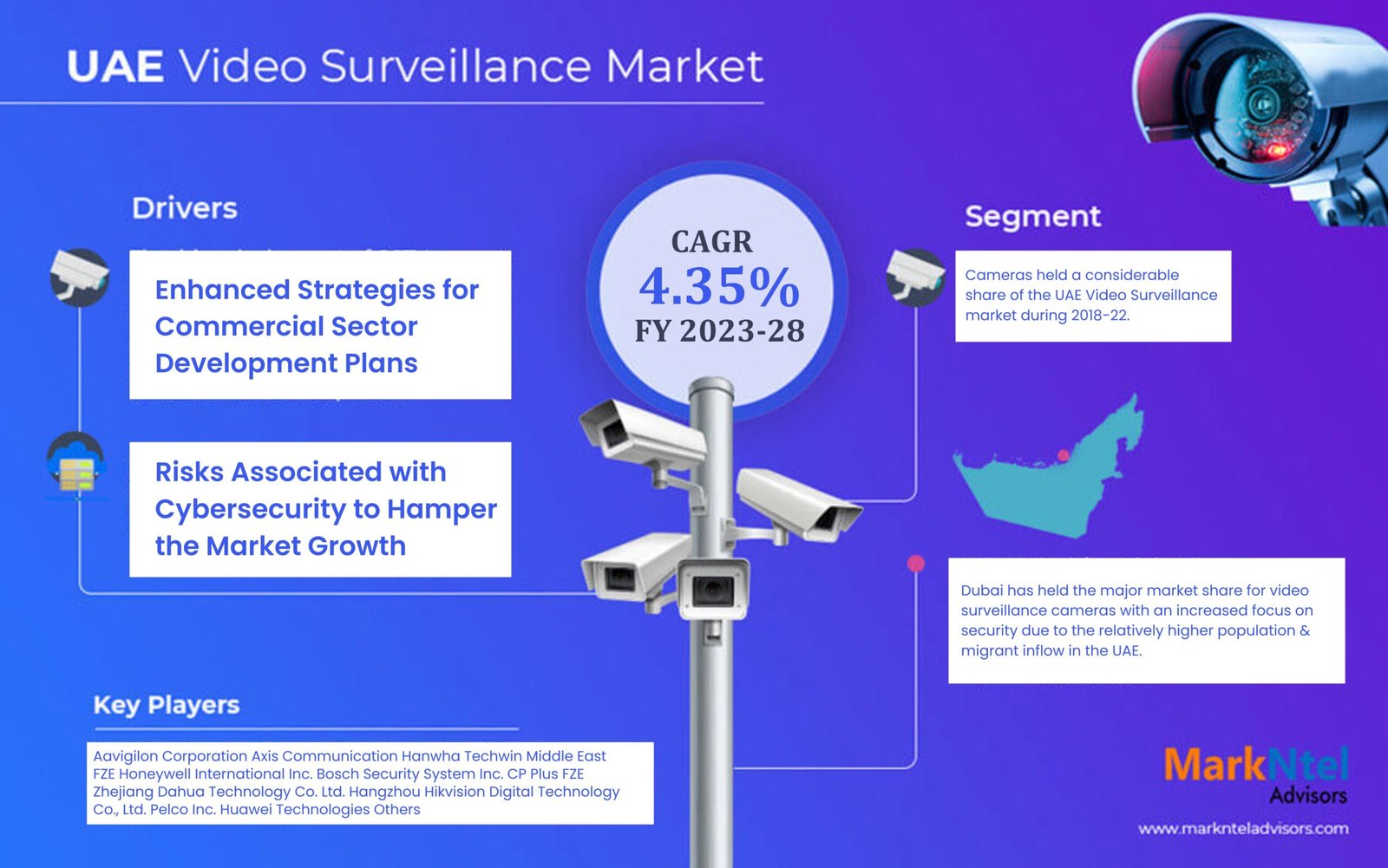When it comes to GST in India, terms like TDS under GST and TCS under GST often confuse even experienced businesses. These provisions are not just legal formalities—they have real impact on how you manage cash flow, handle vendors and file returns.
If ignored or handled incorrectly, TDS/TCS errors can result in notices, penalties and mismatches in your returns. But with the right approach and guidance from experienced GST Consultants Consultancy Services, businesses can stay on top of their obligations without unnecessary hassle.
-
Understanding TDS and TCS Provisions in GST
TDS under GST (Tax Deducted at Source):
TDS is applicable when certain notified entities make payments to suppliers for taxable goods or services. A small portion typically 2% (1% CGST + 1% SGST or 2% IGST)—is deducted at the time of payment if the total invoice value exceeds ₹2.5 lakh.
TCS under GST (Tax Collected at Source):
TCS applies to e-commerce operators. Platforms like Amazon or Flipkart must collect tax at 1% on the net value of taxable supplies made through their portal by sellers registered on the platform.
Both are means for the government to monitor and ensure better GST compliance, but they come with their own set of responsibilities and deadlines.
2) Applicability Criteria for TDS and TCS
TDS under GST applies to:
- Government departments
- Local authorities
- Public sector undertakings
- Certain notified bodies or entities
- Agencies with government contracts
But TDS is not required if the supplier is unregistered or if the invoice value is below ₹2.5 lakh (excluding GST).
TCS under GST applies to:
- All e-commerce operators who collect payments on behalf of sellers on their platform
TCS is not applicable when the transaction is entirely exempt from GST or when the supplier is not liable to pay GST.
Understanding if you fall into these categories is the first step—and a critical one. This is where GST Advisory Services help identify your obligations correctly to avoid non-compliance.
3) Compliance Requirements and Deadlines
For TDS:
- Deduction: At the time of payment or credit to the supplier, whichever is earlier
- Deposit to Government: Within 10 days from the end of the month in which deduction is made
- TDS Return (Form GSTR-7): Monthly, due by the 10th of the following month
- TDS Certificate (Form GSTR-7A): Must be provided to the supplier within 5 days of filing the return
For TCS:
- Collection: At the time of making payment to the supplier
- Deposit to Government: Within 10 days from the end of the month of collection
- TCS Return (Form GSTR-8): Due by the 10th of the following month
- Availability of TCS credit: Reflected in the supplier’s electronic cash ledger after filing
Staying on top of these filings can be time-consuming, which is why many firms rely on GST Consultants to ensure timely and error-free submissions.
TO KNOW MORE: How to Effectively Deduct TDS on GST
4) Common Pitfalls and How to Avoid Them
Even the best-run businesses can fall into traps if they aren’t careful. Here are a few typical mistakes:
- Deducting or collecting TDS/TCS when it’s not applicable
- Missing deadlines and facing penalties
- Incorrect GSTIN of suppliers or e-commerce sellers
- Failure to issue TDS certificates
- Mismatch between deducted/collected tax and supplier returns
These can lead to notices from the tax department or block the supplier’s ability to claim credit, which can damage your vendor relationships.
The solution? Clear internal processes and, ideally, external support from specialists in GST Advisory Services who handle this every day.
5) Leveraging GST Consultants for TDS/TCS Compliance
GST is constantly evolving and so are its compliance needs. Instead of trying to do everything in-house, more companies are partnering with professional GST Consultants Consultancy Services to handle TDS/TCS matters more efficiently. Here’s how they help:
- Applicability check: They assess your contracts, transactions and invoices to see if TDS/TCS applies
- Automated tools: Many use software to track due dates and generate GSTR-7 or GSTR-8 without manual errors
- Correct filing: Avoid notices and rejections with properly filed returns
- Advisory on disputes or notices: They know how to respond if the GST department raises a query or sends a demand notice
- Support during audits: They prepare reports and documentation if your GST practices come under scrutiny
A well-informed consultant doesn’t just file returns; they help you avoid problems before they arise.
Final Thoughts
TDS and TCS under GST are not just extra paperwork, they’re legal responsibilities that, if ignored, can lead to penalties, supplier issues and compliance gaps. The rules are clear, but the execution requires attention, structure and expertise.
If your business works with government contracts or sells through online platforms, you can’t afford to get this wrong. Working with a reliable consultancy makes it easier.
At MASTER BRAINS, we offer hands-on GST Advisory Services for businesses of all sizes across India. From checking applicability to filing returns and supporting compliance reviews, our team makes sure you don’t miss a step.










Leave a Reply